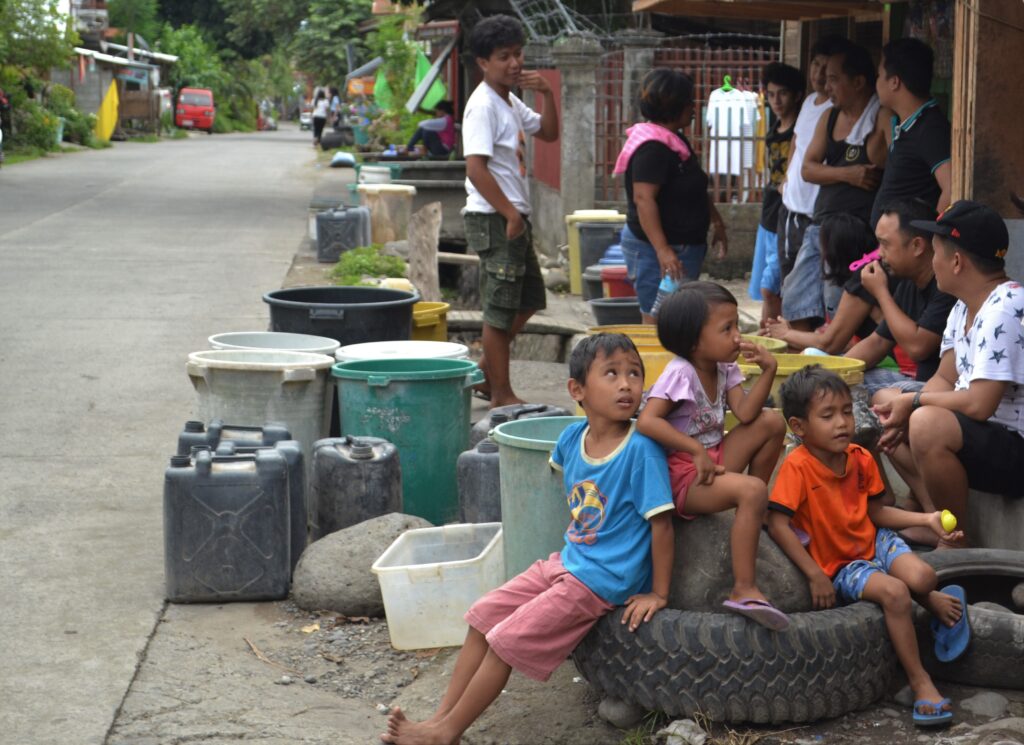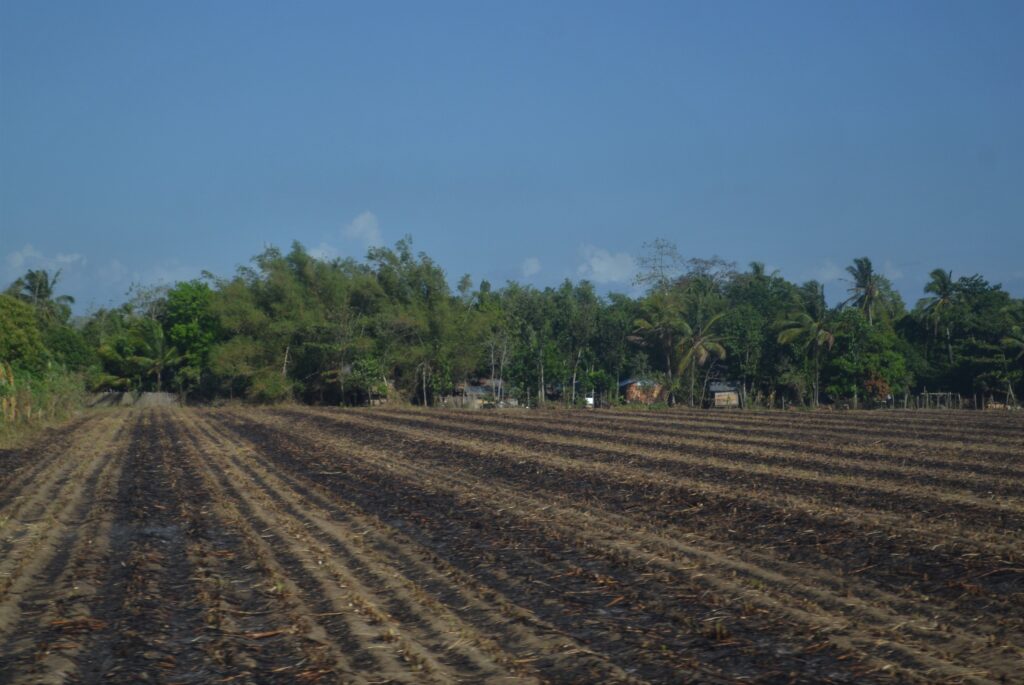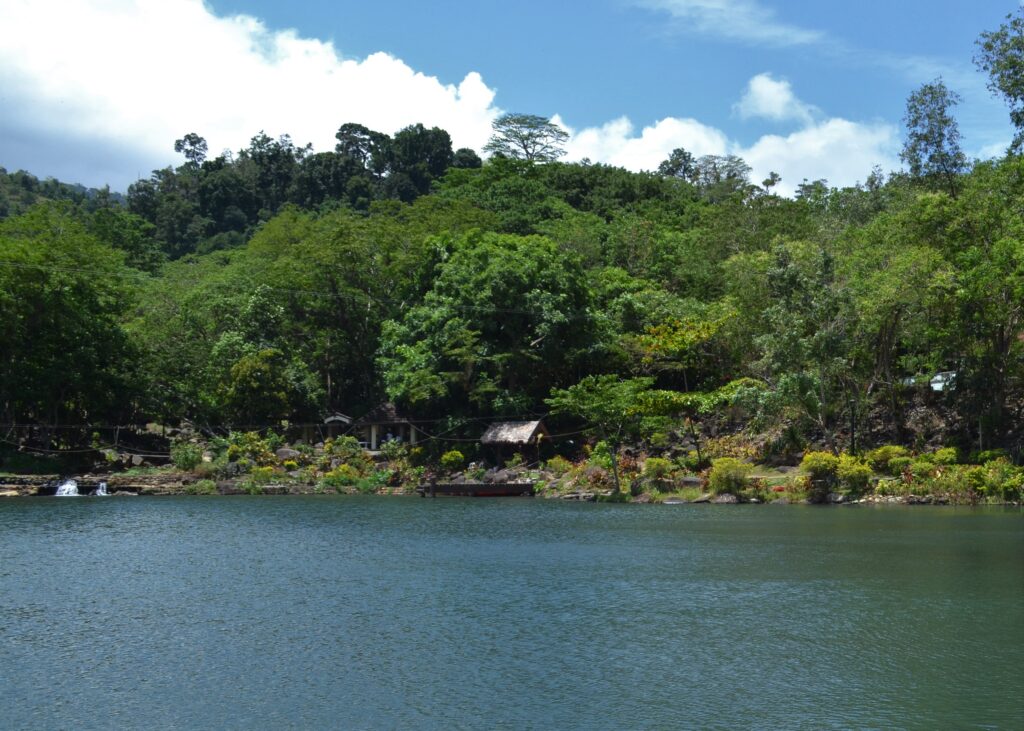Text and Photos by Henrylito D. Tacio
“Water tables are falling from overpumping of groundwater… Many streams and rivers now run dry for portions of the year. Large inland lakes have shrunk to shadows of their former dimensions. Worldwide, freshwater wetlands – ecosystems that do a remarkable job of purifying water – have diminished in area by about half.”
That was what Sandra Postel and Amy Vickers wrote in a chapter for the annual report of the Worldwatch Institute.
“Unlike copper, oil, and most other commodities, fresh water is not just a resource that acquires value only when it is extracted and put to human use. Most fundamentally, fresh water is a life support,” pointed out Postel, director of the Massachusetts-based Global Water Policy Project, and Vickers, author of “Handbook of Water Use and Conservation: Homes, Landscapes, Businesses, Industries, Farms.”
It’s a precarious time indeed as the world faces a water crisis. During his time, historian Thomas Fuller declared: “We only learn the value of a glass of water when the well runs dry.”
The San Miguel Corporation (SMC), the country’s largest corporation in terms of revenue, is very much aware of this. That’s why it launched some years back its “water sustainability initiative,” which aimed to cut by 50% all domestic and utility use of water across all its businesses by 2025.

“This is a major undertaking that we intend to see through,” said Ramon See Ang, SMC’s chief executive officer.
The Philippines, with a total land area of 30 million hectares, is considered an agricultural country. After all, two-thirds of its more than 103 million people are involved directly and indirectly in agriculture.
“Agriculture is the lifeblood of our country,” Ang pointed out. “And ultimately, progress, development, economic growth will not be possible without a strong agriculture sector.”
Under the administration of President Rodrigo R. Duterte, the Philippine economy is booming. To sustain the economic growth, the government pursues its massive infrastructure acceleration program through the “Build, build, build” initiative.
Ang believed that when the economy grows, “food consumption increases.” This surge in demand for food and beverage products, which SMC is noted for, will likely affect agricultural production in the country.
The San Miguel Food and Beverage, Inc. is the largest food and beverage company in the country. Among its integrated operations range from breeding, contract growing, processing, and marketing of chicken, pork, and beef to the manufacture of refrigerated, canned, and ready-to-cook meat products, ice cream, butter, cheese, margarine, oils, and fats, as well as animal and aquatic feeds.
To produce more food, water is needed. The UN Food and Agriculture Organization (FAO) says that most of the water is being consumed by agriculture. Several studies show that agriculture accounts for 65% of total withdrawals, mostly for irrigating crops.

“While our water management efficiency level is among the highest in the Philippines, and while water conservation and protection has always been a key component of our operations, we’re challenging ourselves to do more,” SMC said in a press statement.
Earth is a water world, as water covers 71% of the world’s total surface. This represents a volume of 1,400 million cubic kilometers, according to the United Nations Educational, Scientific, and Cultural Organization. Ninety-seven point five percent is too salty to be consumed or used for industrial or agricultural purposes. Freshwater represents 2.5% of the water total.
“Water is the most precious asset on Earth,” points out Postel. “It is the basis of life.” She believes water problems will be right there with climate change as a threat to the human future.
“Although the two are related, water has no substitutes,” Postel says. “We can transition away from coal and oil to solar, wind and other renewable energy sources. But there is no transitioning away from water to something else.”
The Philippines, with more than 7,000 islands, is surrounded by water. “The image of water-rich Philippines is a mirage,” declared Gregory C. Ira, who used to be the head of the Water Equity in the Lifescape and Landscape Study (WELLS) program of the Silang-based International Institute of Rural Reconstruction. “There is a water crisis in the Philippines, one of the wettest countries of Southeast Asia.”
The SMC thinks so, too. “We are committed to do everything to conserve and protect water, and will invest in technologies that will allow us to meet our ambitious goal,” Ang said, adding that “water is a necessity for our businesses and for the agriculture sector on which we depend on.”
The SMC’s ambitious sustainability project aims to cut water consumption across its operating units in half by 2025. In a press statement, SMC outlines four methods to accomplish its objective:
Eliminate wastage of water across its operations: “We will adopt new and stricter measures to improve the efficiency of our water use, as well as utilize water-saving technologies and implement conservation programs.”
Reuse and recycle more water: “We will optimize all our wastewater treatment facilities to further lessen our water footprint. We commit to make greater use of treated greywater for non-essential purposes.”
Reduce its use of ground and surface water and protect vital water resources: “We will continue to lessen our use of ground and surface water, protect these water sources, and empower our communities to do the same.”
Harvest rainwater: “We will harvest rainwater and runoff water from creeks and rivers – collecting, filtering, and storing it for irrigation and for various other purposes. We hope that others will follow our example.”

In 2019, SMC announced that the country’s largest conglomerate was able to save 7.7-billion liters of water in the previous year. “This is a significant milestone for us, and we’re highly encouraged by these results,” Ang was quoted as saying by Philippine Daily Inquirer. He added that water sustainability goes beyond corporate responsibility.
“Water is an integral part of our operations and a vital need of our people and communities,” Ang pointed out. “While we’ve long worked to conserve and protect water in our areas of operation, this initiative will see us drawing even less water in the future.”
Water is finite, and it has to be conserved. Deputy Speaker Loren Legarda, in a privilege speech, when she was still with the Senate, considered water as “one of the most basic needs of our existence,” and yet Filipinos take it for granted. “Man can live for several weeks without food, but a few days without water would be detrimental to one’s health,” she pointed out. “Our body, after all, is made up of about 60-70% water.”
A well is said to have gone dry when water levels drop below a pump intake. As American statesman pointed out, “When the well is dry, we know the worth of water.”

